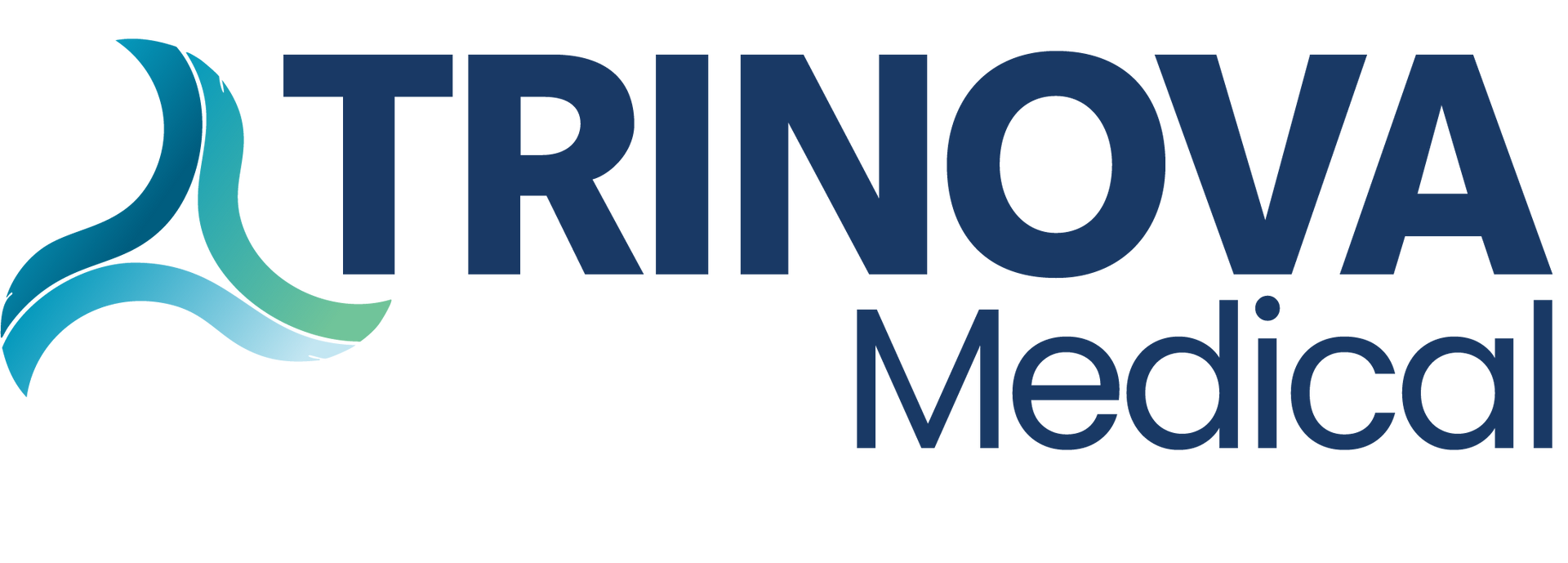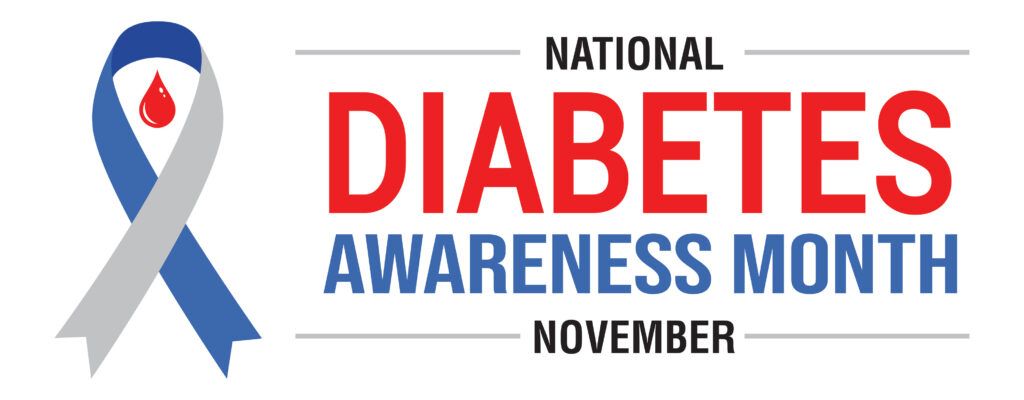Staying Safe in the Florida Heat: Essential Tips for Adults Over 65
Trinova Medical | Articles
Summer in Pensacola brings beautiful beach days and outdoor activities, but it also brings intense heat and humidity that can pose serious health risks. If you're over 65, your body may not handle extreme temperatures as well as it once did, making heat-related illnesses a real concern during Florida's sweltering summer months.
The good news? With the right knowledge and preparation, you can stay safe, comfortable, and active even when the thermometer soars.
Why Heat Affects Older Adults Differently
As we age, our bodies undergo changes that make us more vulnerable to heat problems. Your body's cooling system becomes less efficient, medications can increase heat sensitivity, and chronic conditions add complexity. Dehydration also happens faster in older adults.
Recognizing Heat-Related Illness
Heat Exhaustion Signs:
- Heavy sweating or suddenly stopping sweating
- Weakness, dizziness, or nausea
- Headache and muscle cramps
- Cool, moist skin
Heat Stroke Signs (Call 911 Immediately):
- High body temperature (104°F or higher)
- Hot, dry skin or profuse sweating
- Confusion or altered mental state
- Loss of consciousness
Essential Daily Strategies
Stay Hydrated:
- Drink water throughout the day, even if you don't feel thirsty
- Aim for at least 8 glasses daily
- Choose water over alcohol or caffeine
- Eat water-rich foods like watermelon and cucumbers
Time Activities Wisely:
- Plan outdoor activities between 6 AM and 10 AM
- Take advantage of evening hours after 6 PM
- Avoid midday heat from 10 AM to 6 PM
Dress for Success:
- Choose light colors and loose-fitting, breathable fabrics
- Wear wide-brimmed hats and sunglasses
- Use sunscreen with SPF 30 or higher
Creating a Cool Home Environment
- Keep your air conditioning running at a comfortable temperature
- Use fans to circulate air
- Close blinds and curtains during the day
- Take cool showers or baths
- Use cold, damp cloths on wrists, neck, and temples
Special Considerations for Pensacola
Beach Safety:
- Visit early morning or late afternoon
- Seek shade frequently under umbrellas
- Stay extra hydrated to combat salt air
- Reapply sunscreen every two hours
Community Resources:
- Visit air-conditioned spaces like libraries and shopping centers
- Check out community centers with senior programs
- Consider indoor pools for exercise
When to Call Your Doctor
Contact your healthcare provider if you experience:
- Persistent dizziness, nausea, or unusual fatigue during hot weather
- Concerns about your medications and heat tolerance
- Difficulty staying cool despite safety measures
- New or worsening symptoms of chronic conditions
Medication Management
Many common medications can increase heat sensitivity, including blood pressure medications, diuretics, antihistamines, and antidepressants. Store medications in cool, dry places away from heat and humidity. Never leave medications in hot cars or direct sunlight.
Stay Connected
Hot weather safety involves looking out for each other. Check on neighbors and friends regularly during heat waves, make daily phone calls to family members who live alone, and don't isolate yourself during extreme heat.
Your Health Comes First
Living in Pensacola means respecting the power of summer heat while enjoying coastal Florida. By staying cool, hydrated, and connected, you can remain active and healthy throughout the summer months.
Take action today: Review your medications with your doctor, stock up on water and cooling supplies, and identify the coolest spaces in your home. If you have questions about staying safe in the heat, reach out to your primary care provider. We're here to help you create a personalized plan that keeps you safe all summer long.
Summer in Pensacola brings intense heat and humidity that can pose serious health risks for adults over 65. Your body may not handle extreme temperatures as well as it once did, making heat-related illnesses a real concern during Florida's sweltering July weather.
___
Trinova Medical
provides patient-focused primary care in Pensacola, FL, featuring coordinated care teams, convenient scheduling, and round-the-clock provider access for all your healthcare needs. Our specialized
Trinova 65+
program offers seniors comprehensive medication management, dedicated care coordination, and personalized health assessments designed specifically for older adults. We're committed to listening, caring, and partnering with you on your health journey. Call
(850) 848-9500 for more information.
Disclaimer: The content on this blog is intended for informational and educational purposes only. It should not be used as a substitute for professional medical advice. Always consult with your healthcare provider regarding any health-related questions or concerns.
Recommended Post:





